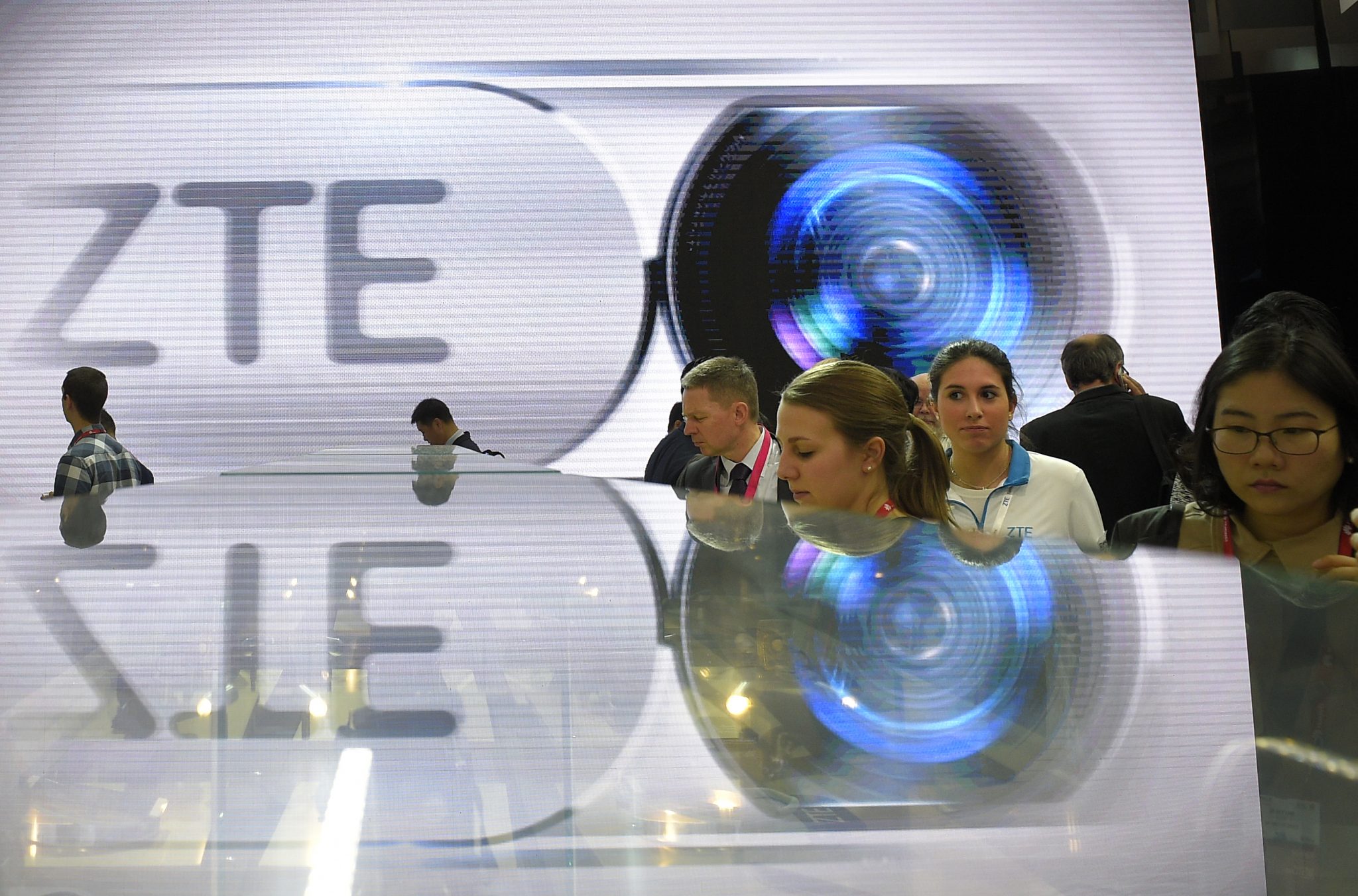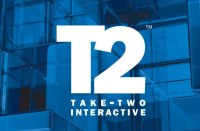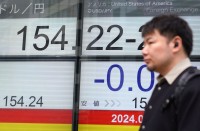
The US government has slapped $1.2 billion in fines on Chinese telecom giant ZTE for violations of US export controls for selling goods to Iran and North Korea, officials announced on March 7, 2017. It is the largest criminal penalty in US history in an export control case, government officials said. The company will pay $892 million, while another $300 million in penalties are suspended for seven years. ZTE also agreed to plead guilty to three charges, including obstructing justice for hiding information from government investigators, the officials said. The agreement is subject to court approval.
/ AFP PHOTO / LLUIS GENE
by Heather SCOTT
Agence France-Presse
WASHINGTON, United States – The US government has slapped $1.2 billion in fines on Chinese telecom giant ZTE for violations of US export controls for selling goods to Iran and North Korea, officials announced Tuesday.
It is the largest criminal penalty in US history in an export control case, US officials said, though there have been larger fines involving financial firms. The company will immediately pay $892 million, while another $300 million in penalties are suspended for seven years.
ZTE also agreed to plead guilty to three charges, including obstructing justice for hiding information from government investigators, the officials said. The agreement is subject to court approval.
From January 2010 to March 2016, the company shipped $32 million in US cellular network equipment to Iran, and made 283 shipments of cell phones to North Korea, with the full knowledge of the highest levels of company management, officials told reporters.
The company “conspired to evade the long-standing and widely known US embargo against Iran” and do business with entities affiliated with Tehran “to supply, build, operate, and/or service large-scale telecommunications networks” in the country using US equipment and software.
The five-year government investigation into ZTE’s actions violating restrictions on exports to sanctioned countries involved the US Justice, Commerce and Treasury departments, and was first revealed in March 2016.
While the investigation was conducted entirely during Barack Obama’s presidency, the case provides an opportunity for Donald Trump’s government to showcase its aggressive rhetoric on trade policy, which it has painted as a national security issue.
“We are putting the world on notice: the games are over,” Commerce Secretary Wilbur Ross said in a statement.
“Those who flout our economic sanctions and export control laws will not go unpunished — they will suffer the harshest of consequences,” he said.
“Under President Trump’s leadership, we will be aggressively enforcing strong trade policies with the dual purpose of protecting American national security and protecting American workers.”
Export privileges for ZTE — China’s largest publicly-traded telecom company, and the fourth largest in the world — are subject to denial for seven years “if any aspect of this deal is not met,” the statement said.
Enforcement of export control laws is a “high priority” for protecting national security, and “this case represents a new high-water mark in that enforcement effort,” a Justice Department official told reporters.
The company agreed to a three-year probation including a compliance program with a corporate monitor who will have “far reaching access” to the firm’s business records.
ZTE acknowledges mistakes
The company said it was committed to making changes to become “a model for export compliance and management excellence.”
“ZTE acknowledges the mistakes it made, takes responsibility for them, and remains committed to positive change,” company chief Zhao Xianming said in a statement.
Zhao, who was installed as chairman and CEO in April 2016 following revelations of the US investigation, said the firm has made a priority of “instituting new compliance-focused procedures and making significant personnel changes.”
Those changes included naming US lawyer Matt Bell as chief export compliance officer in November.
Three senior officials including Zhao’s predecessor had stepped down in early April 2016 after the US government first sanctioned ZTE in the case.
The Justice Department said despite knowledge of an ongoing investigation into its Iran exports, ZTE took actions to conceal and mislead officials and “created an elaborate scheme to hide the data related to these transactions from a forensic accounting firm.”
Those actions included “sanitizing databases” with information on the sales; auto-delete of emails of those employees involved in the scrubbing of records; providing false statements; and requiring employees with information about the illegal exports to sign non-disclosure agreements.
ZTE used third-party companies to hide the export of US components to the sanctioned countries, and “packaged the US items with its own self-manufactured items to hide the US-origin goods,” and did not include the US items on the customs declaration forms.
In March 2012, the company temporarily suspended exports to Iran following a news story about the sales, but resumed in late 2013.







